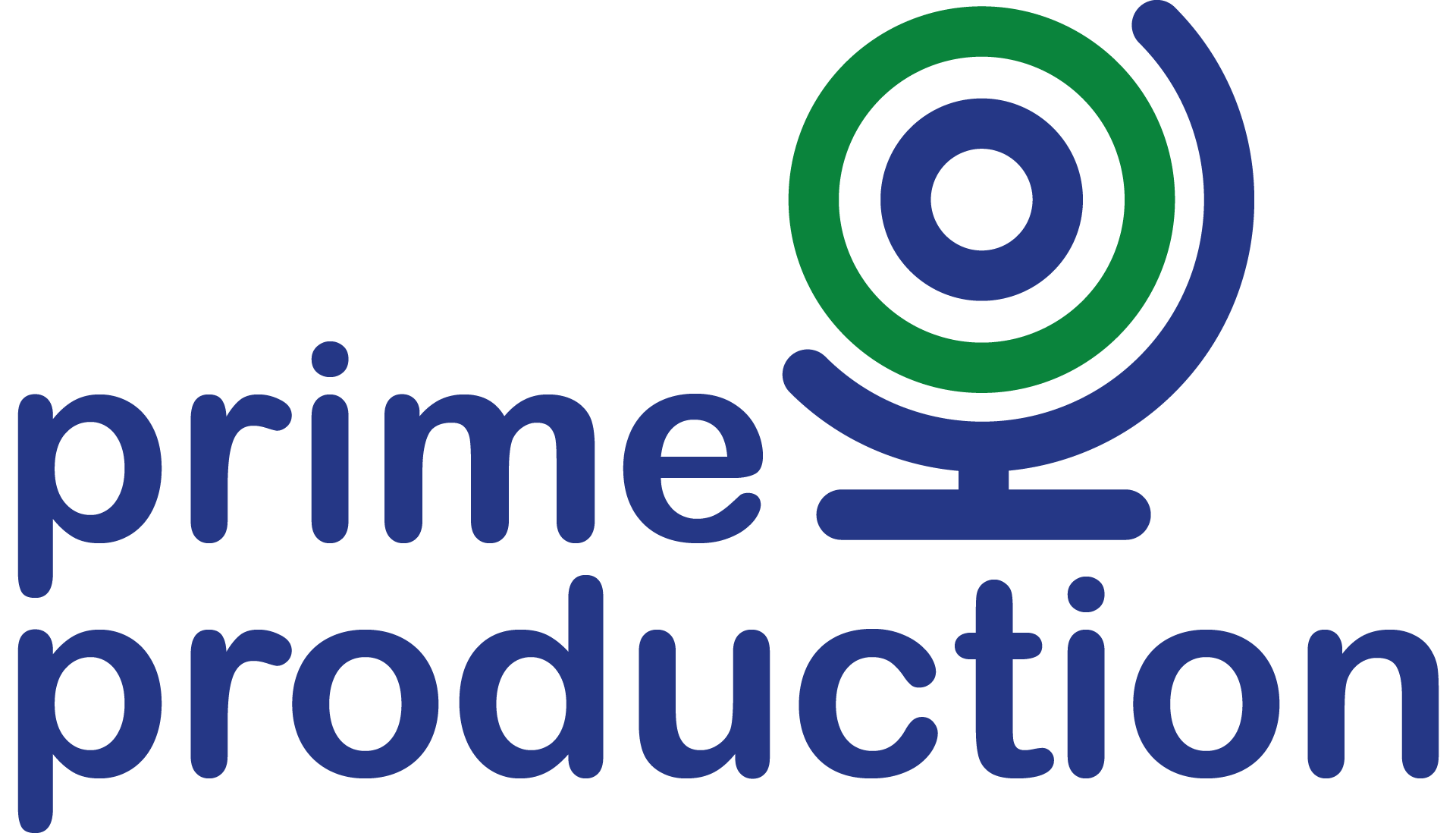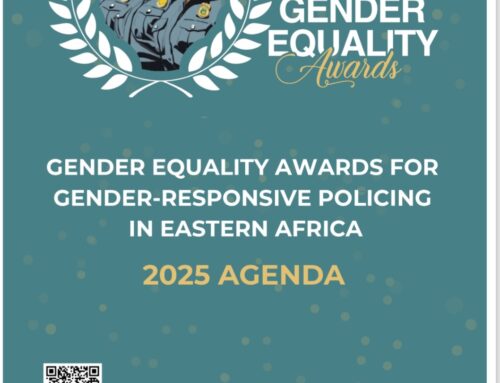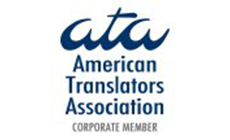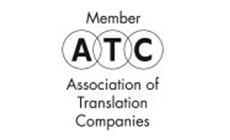Women’s rights are closely linked to language access, as language barriers often prevent women from exercising their rights and accessing vital services and information.
Importance of Language Access for Women
Language inclusion is critical for promoting women’s rights and gender equality. When information, healthcare, and legal services are available in languages women understand, they’re better able to access reproductive care, report violence, participate in society, and exercise autonomy. In crisis contexts or communities with many languages, women become more vulnerable if excluded by language barriers.
Consequences of Language Barriers
Language barriers can lead to discrimination and exploitation, especially in healthcare, justice, and support services. Women may have to rely on informal interpreters, compromising their privacy, dignity, and safety. Lack of accessible, translated materials increases the risk of poor health outcomes, mental distress, and further victimization.
Policy and Advocacy for Language Inclusion
Advocacy groups and researchers call for improved access to interpreters, translation services, and gender-inclusive language policies to help women claim their rights. International organizations urge a systematic review of laws and communications to replace gendered stereotypes with gender-sensitive terminology.
Translators and language technology are helping more women be heard, access support, and participate in decision-making.
Empowerment Through Language
Access to language – whether a woman’s mother tongue or global languages – empowers women, enabling them to share experiences, access resources, and challenge injustice, even in oppressive societies. Feminist accessibility protocols and inclusive language guidance are helping organizations actively reduce barriers and create more equitable environments.
In summary, ensuring language access is fundamental for protecting and advancing women’s rights, especially in contexts of vulnerability, migration, or inequality.













Leave A Comment